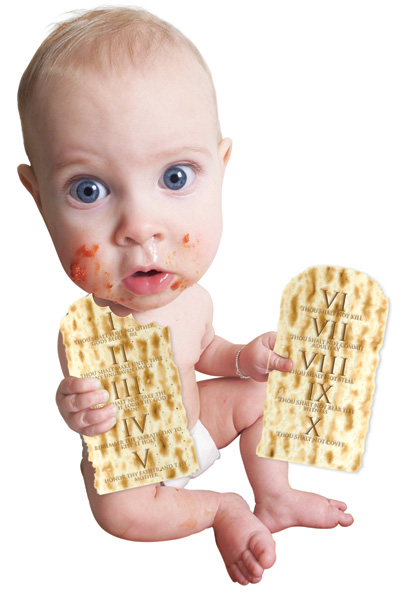
“A rose by any other name would smell as sweet”—or so I’ve been told. But say this to any poet of worth, even Shakespeare, and he or she will tell you that names often conjure up far-reaching associations.
While most expectant parents are not poets, they nevertheless recognize the same principle: A name is not just any other name. Thus, soon-to-be parents exhaust countless hours scouring books, such as 40,001 Best Baby Names and the even more recent, more ambitious 50,001 Best Baby Names (by the same author, of course)—and the Bible.
It seems the most “popular” book in America also serves as a trusty source for newborn names. Biblical names are heavily steeped in tradition (unlike “Dijonnaise” and “Celery,” both recommended in the books cited above), and they often have the added benefit of connoting positive associations and attributions.
Recently, some observers have noted a resurgence in the use of biblical names. However, Social Security statistics reveal that of the top forty male names last year, approximately one half are “biblical”—a steady statistic since the 1970s—while for females, the number has dropped from eight to just three over the same three decades.
Already a library member? Log in here.
Institution user? Log in with your IP address.

